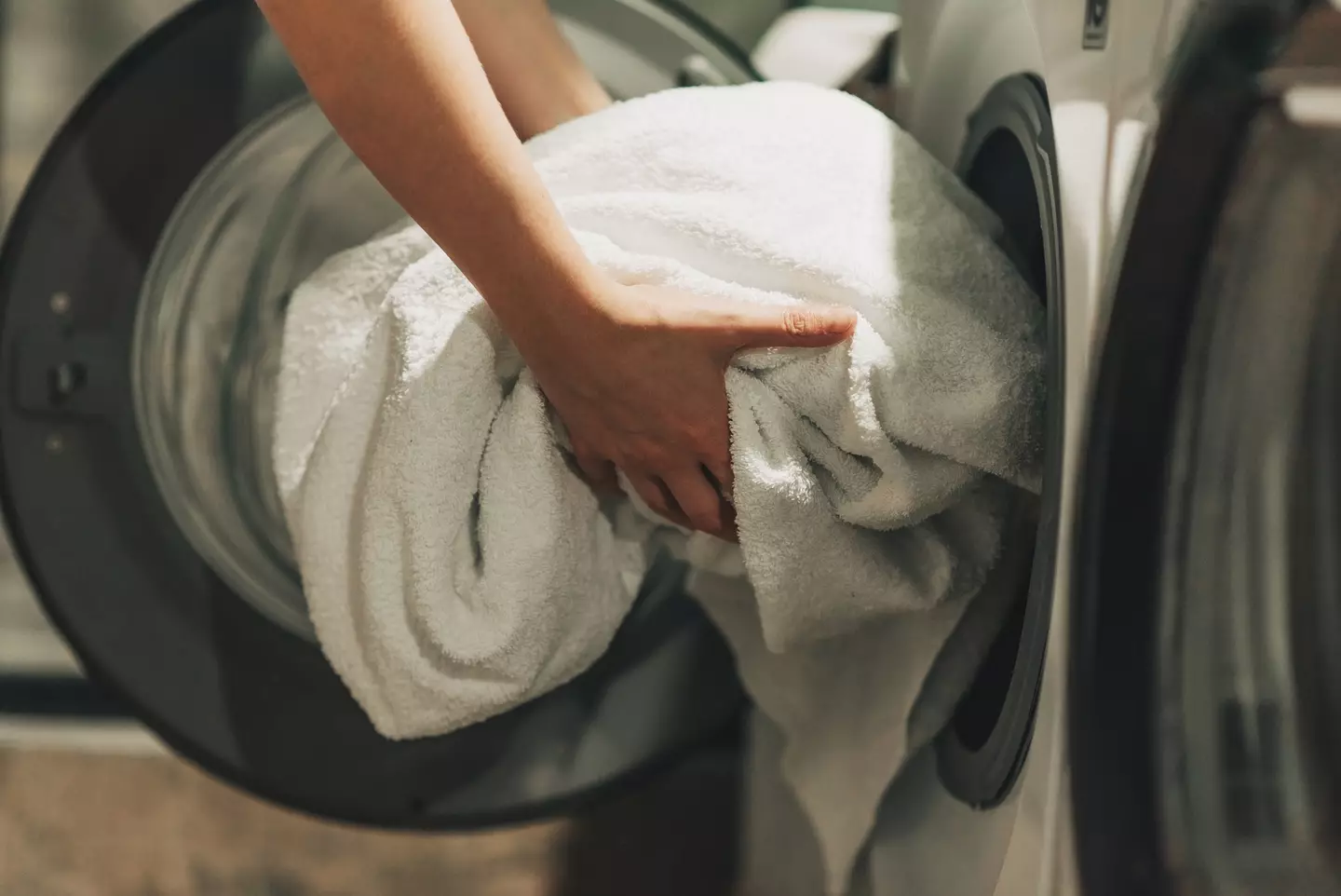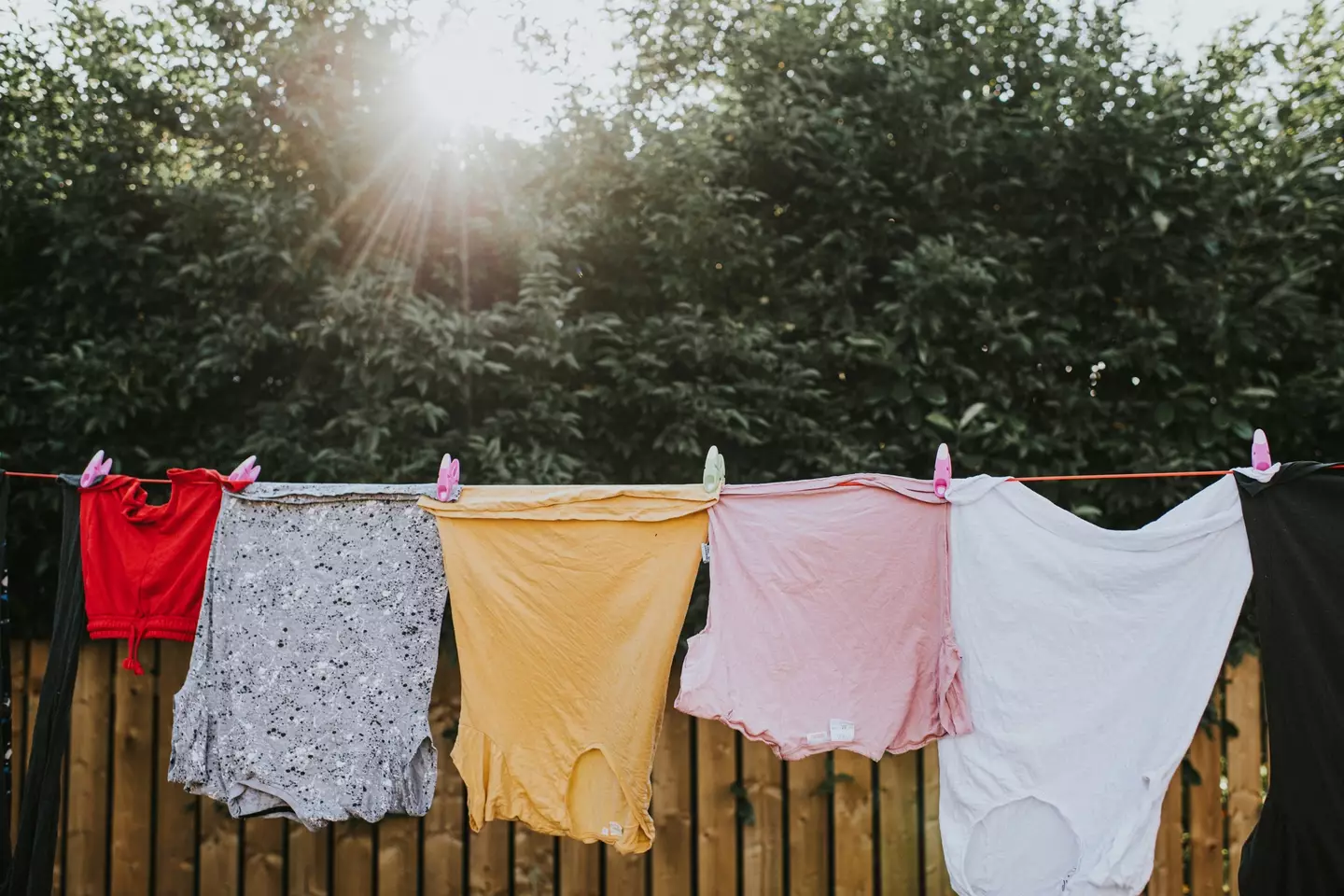
Everything has a cost inside your house, yet there are some appliances which draw more power and, as a consequence, more cash from your wallet, and a finance expert has highlighted one 'demon' that you might want to cut out.
With the cost of living reaching unprecedented levels and many struggling to find the money for all of life's expenses, it's now more important than ever before to find areas where you can save the pennies.
Everyone knows about having shorter and colder showers, using a blanket instead of shoving the heating on, and perhaps even switching to an electric car as owners have shown how much that can save them when it comes to fuel.
However, one finance expert has highlighted the one 'demon' household appliance that you might want to consider cutting out, as it has an extreme effect on your energy bills due to the amount of power that it uses to run.
Advert

As reported by LADbible, money saving expert Martin Lewis revealed on his BBC Radio 5 podcast that tumble dryers are the biggest culprit of sky high energy bills, and opting for alternative methods can save you lots in the long term.
He outlines that many are "paying up to a quid per load," and has offered a number of suggestions for people who want to avoid the financial pain of using their tumble dryers, despite the convenience they offer.
One suggestion is that you can dry your clothes outside instead, but that's obviously dependent both on the weather – as cold and rain isn't exactly ideal for your wet clothes – and having the space in the first place to dry them.

Additionally, Lewis has suggested that you should either shorten the amount of times that you're using a tumble dryer – as not every wash necessarily 'needs' it – or completely cut it out, opting instead for something like a dehumidifier if you're using a clothes horse inside.
"Those who have dehumidifiers can take some of the moisture out of the air," the finance expert explained. "It's less wattage than a tumble dryer, so it can be more cost-effective."
It's something that many people don't quite realize draws so much energy, but if you think of what it actually does it's not surprising that you're paying the cost in both the short and long term — although warm and dry clothes are a hard 'luxury' to give up.
